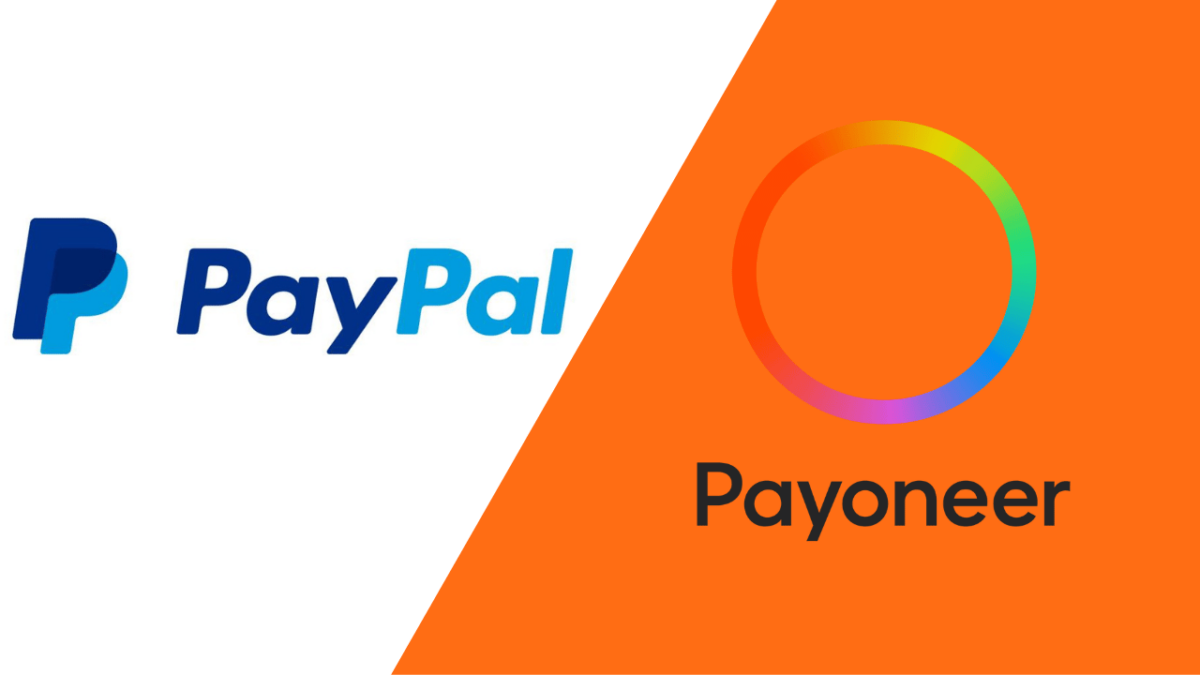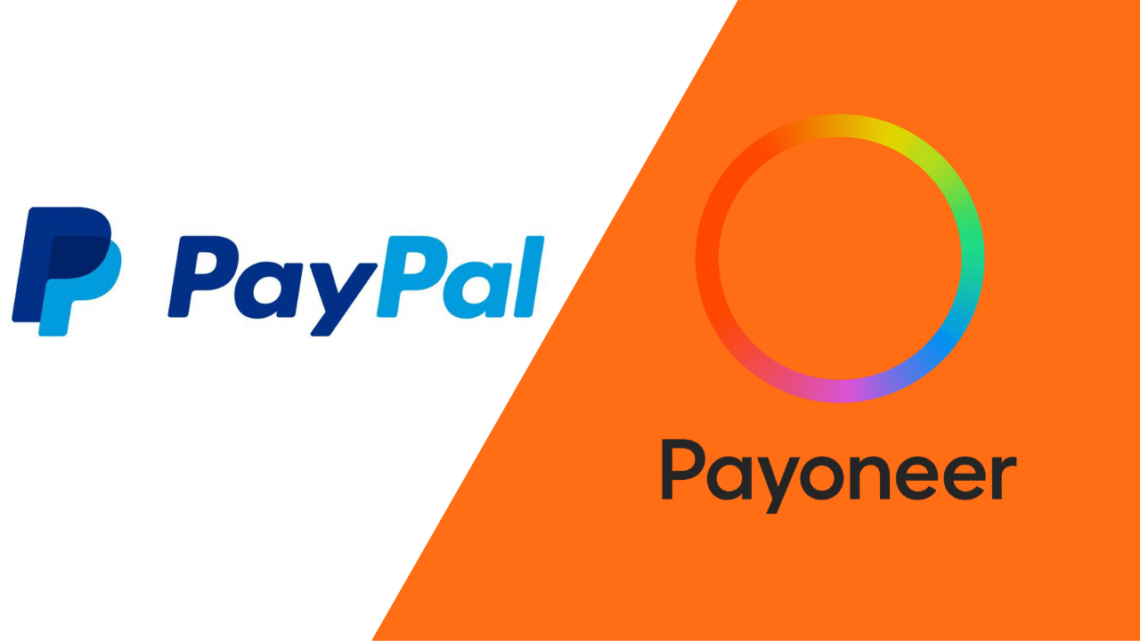Contrary to Pakistan’s IT Minister Umar Saif’s statement, PayPal is not starting operations in Pakistan. Minister Saif claimed a partnership with Payoneer would facilitate indirect operations of PayPal in Pakistan. However, a fact-check report by Profit by Pakistan Today states that their sources have confirmed that this collaboration does not imply PayPal is launching in Pakistan directly or directly.

Instead, Payoneer is integrating PayPal as a payment method for its users and it has nothing to do with Pakistan. This means that individuals in countries like the United States, who are outsourcing work to freelancers in Pakistan can use their PayPal accounts to make payments to Payoneer.
Importantly, this partnership does not enable Pakistani users to directly open a PayPal account. The restriction persists, and the collaboration extends globally where Payoneer operates. Minister Saif’s attempt to make it Pakistan-specific may hinder the country’s efforts to bring PayPal onboard.
Meanwhile, almost all media outlets in Pakistan are posting the story as if PayPal is starting operations in the country.
Bringing PayPal to Pakistan has been a key focus due to the rising demand from freelancers. Despite assurances from IT Minister Saif in the past, no substantial progress has been made. A study from the Pakistan Institute of Development Economics suggests that perceived restrictions in licensing regimes, concerns about money laundering, and limitations imposed by FATF are hindering PayPal’s entry. Exchange control and data privacy issues also contribute to the obstacles.
Pakistan, ranked fourth globally for its freelancer population, is eager to accommodate global payment services like PayPal. IT Minister Umar Saif had previously expressed optimism about bringing both PayPal and Stripe to Pakistan, yet conclusive developments are yet to materialize.
The challenges extend beyond regulations, pointing to wider issues that need resolution for PayPal to operate effectively in Pakistan. The quest to integrate global payment platforms continues, but barriers persist, hindering the realization of this goal.
















